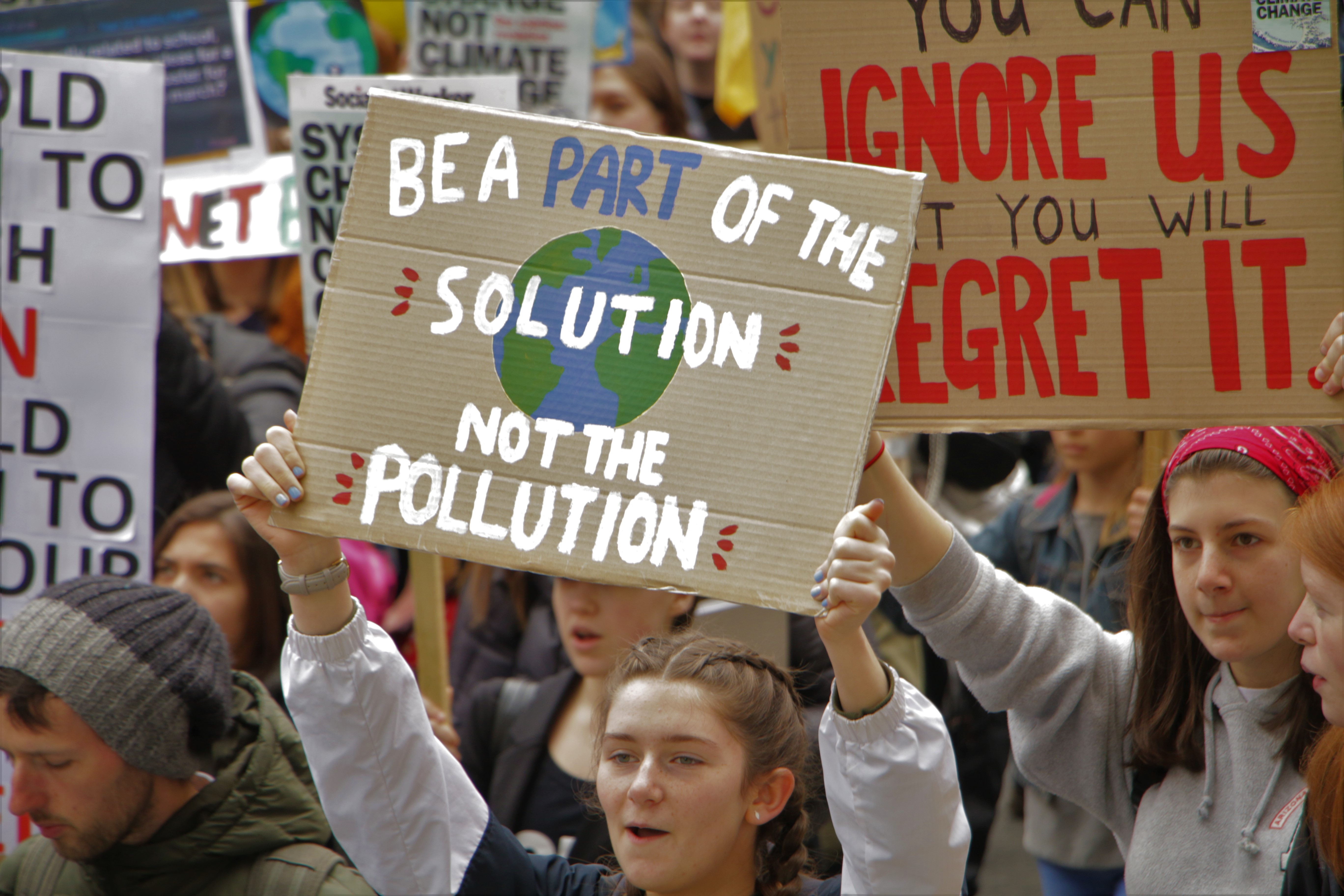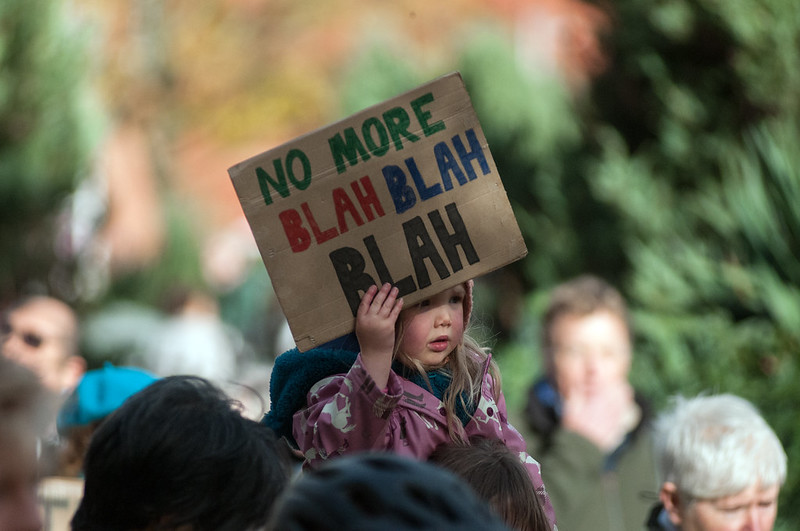We must see action, we must see change
We are not moving fast enough, and myself and Scottish Green colleagues are impatient, says Mark Ruskell.

Five years ago our streets were full of young people demanding climate action and justice. What must they be thinking now?
It was the first truly Global Climate Strike For Future. It was vast, with more than a million young people taking part in what was estimated as at least 2200 protests and actions all around the world.
The remarkable day saw school students all across Scotland taking action here and standing alongside students in 120 other countries.
I joined the protests in Stirling, inspired by and soaking up the passion of people who were loud and clear and most of all, determined. They knew they weren’t acting alone, this was a fight for their futures. It was a truly global movement facing up to the biggest and most urgent crisis we will ever face.
Young people in Scotland and beyond were justifiably furious that successive generations of politicians and decision makers had utterly failed to take the steps and the action that are so necessary.
A 13 year old who took action that day would now be 18. Do they have any more cause for hope? I fear that over those five years there’s been even more equivocation and even more broken promises.
We need to ask what kind of inheritance are we leaving the young people of tomorrow? Our world has just had its hottest year on record. Sea levels are rising faster than ever before. Wildlife is becoming extinct globally. That’s not the future that people were marching for.
Here in the UK we have a Tory government that is urging the world to move on from fossil fuels while approving 100 new oil and gas licences and signing us up for annual licensing rounds. It’s not remotely serious. It's worse, it is treacherous and dangerous.
The task before us is staggering, but there are glimmers of hope. Some governments are finally starting to make the investment that is necessary, with huge clean energy investment programmes in Europe and the US. They are putting their money where their mouths are in a way that Westminster is refusing to.
Nobody thinks we can turn off the oil and gas taps overnight, but in the last five years since those millions of people took to the streets, there hasn’t been anywhere near enough progress towards moving beyond fossil fuels.
We know exactly where continued inaction will lead. We have more data and more research at our fingertips than ever before. There are no end of simulations, scientific papers and books available that tell us what will happen. But none of them can help us if they are ignored.
Scotland played a central role in the industrial revolution. We are one of the largest fossil fuel producers in Europe. We have a particular responsibility to show how a just transition and a renewables revolution will work.
We are taking steps in the right direction. The growth of our green industries has been one of our proudest achievements - with a 50% increase in renewables jobs in 2021 alone. It shows what can be achieved by a determined government and a willing industry.
Having the ability to transform our broken energy sector and to turbocharge the shift away from oil and gas has always been a key part of my reasons for supporting independence. How can we fully deliver such a bold vision within the huge limitations of devolution?
But waiting for independence is not enough. The young people on our streets five years ago wouldn’t accept that excuse, and nor should we. Somewhere among those crowds were the leaders of tomorrow, we have to ensure that they are given as good a starting position as possible.
Scotland can lead the change. We absolutely must continue the drive for independence, but, in the meantime, and with the clock ticking louder every day, we also need to ensure that we are stretching every sinew of devolution to deliver for our climate.
We have to be honest. We are not moving fast enough, and myself and my Scottish Green colleagues are impatient. In the time I’ve been in parliament I’ve heard lots of big promises and targets, but they mean little without concrete plans to implement them.
The last Scottish Climate Act passed world leading targets in 2019, but it was not backed-up by the action needed to deliver, especially in areas like agriculture and transport.
We have seen recent progress, especially with new ambitious plans for home heating, but we are still a long way from delivering all the actions that are truly needed if we are to meet our net zero targets by 2045 or earlier.
Those young people who put down their pens and walked out of their classrooms five years ago were under no illusion about the scale of the challenge ahead. And nor am I. We must see action and we must see change.
A version of this column first appeared in The National.



